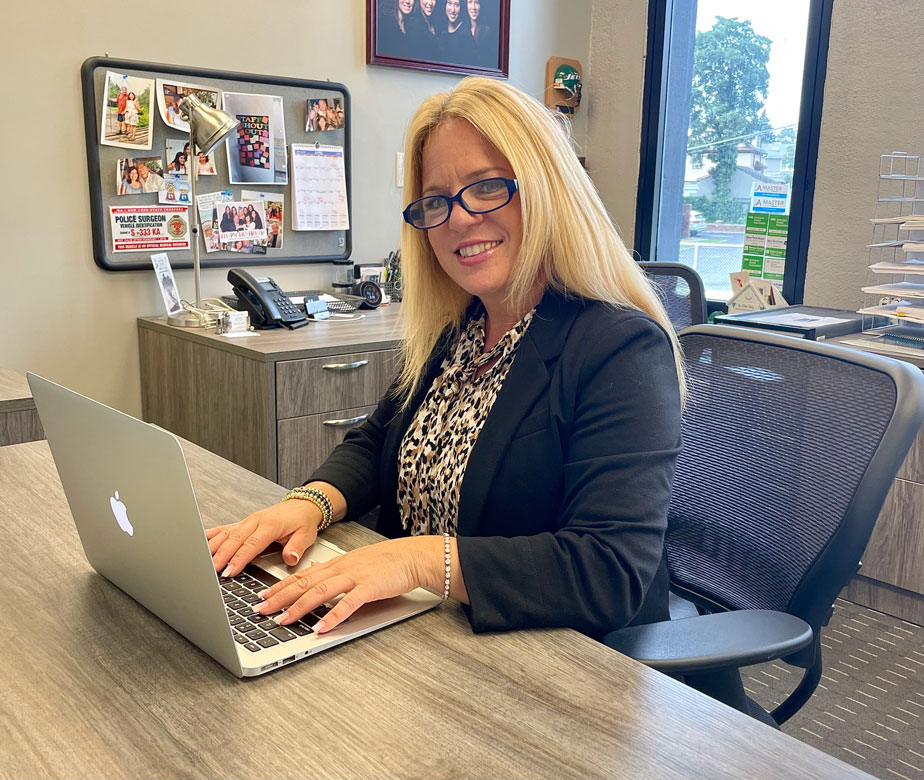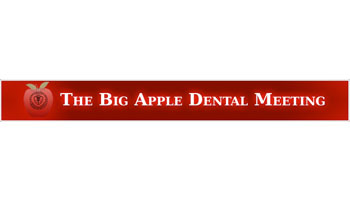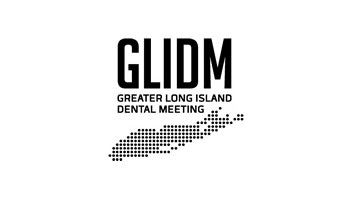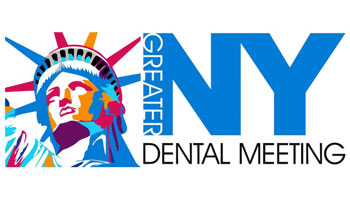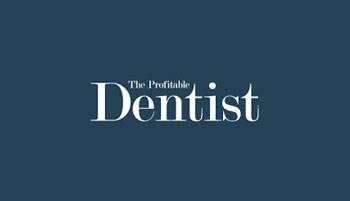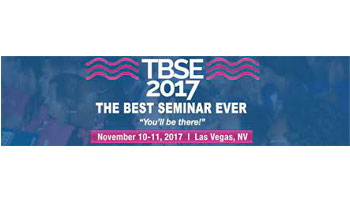
Life Is A Shark Tank
Life is a series of challenges to connect with people and engage them in various capacities in, both, business and social situations. One of the best selling self-help books of all time is Dale Carnegie’s “How to Win Friends and Influence People.” The ability to accomplish this is totally dependent on our ability to communicate effectively. No skill has a greater impact on our success than mastering our verbal skills. Incredible good looks and compelling animal magnetism only takes you so far. (Not that I would know).
On the popular television show “Shark Tank”, hopeful entrepreneurs meet incredibly successful millionaire tycoons to try to influence them to invest in their idea or product. In just a few short minutes they must connect with the millionaires, convince them that they understand their dominant buying motivation, impress them with the benefits of making an investment, assure them that they have the ability to make good on their promise, eliminate any fears about their lack of experience and convince them that the “time is now” to pull the trigger on coming up with the investment funds.
It is no different than our challenge to connect with a patient and have them accept treatment from dentists and their teams. Mastering the same skills that guide the success of contestants on “Shark Tank” can create a significantly higher rate of success in inspiring patients to accept and proceed with treatment. In a case presentation we must connect with a patient on many levels. We need to understand the basis of their complaint and, even more importantly, how that condition affects them in their everyday life. Then we must know how it makes them feel, on an emotional level. When we connect with a patient with this level of understanding it aligns us with their dominant buying motivation, it allows us to impress them with the benefits of proceeding with treatment, it alleviates their concerns over trust and it helps to develop a sense of urgency to proceed with treatment at that time.
The most important skill in accomplishing this is the ability to speak confidently and authoritatively in front of others. It is imperative to develop public speaking skills, but the ability to speak in front of others is one of the most feared situations in most people’s lives. Glossophobia is the technical term given to a severe fear of public speaking. As many as 75% of people have glossophobia and many consider it the greatest fear a person can have, even greater than fear of death. Jerry Seinfeld used to joke that at a funeral, most people would rather be lying in the casket than delivering the eulogy. Some say there are two types of people, those who describe a fear of speaking and those who lie about it.
The inability to speak in public may create lost opportunities in business and in life. Of course it would be great to have the ability to inspire a patient to accept treatment, or to motivate a dental team at a team meeting or huddle, or to deliver an informational program at the local Rotary meeting. But it also has a huge impact on other aspects of our lives. It might affect the ability to convince a bank underwriter to extend financing for the purchase of a home or second business, or to get up and influence neighbors about an important issue at a school PTA meeting, or to comfortably express emotions when toasting a son or daughter at their wedding, or remembering a loved one in a heartfelt eulogy at a funeral. Whatever the circumstance, the ability to express yourself in front of others has the ability to change emotions, perceptions and opinions. Doesn’t it make sense that it could affect the level of success in your dental practices?
There are many things that you can do to improve your public speaking skills. Of course there are numerous books and self-help materials and there is a wonderful organization, Toastmasters International, with local chapters that help to develop speaking skills for local businessmen and women (yes, dentists are in business). I like the idea of similar minded dental professionals teaching and mentoring this skill set. Drs. Rich and Dave Madow, the Madow Brothers, conduct a 2-day program called “So You Want To Be A Dental Speaker” that I attended in November. It is geared to dental professionals wanting to add speaking to their professional resumes. But, as I sat in the November edition of this program I thought it could be extremely helpful to any member of the dental team in developing leadership and the ability to inspire patients to seek and want treatment in a practice. I encourage you contact them at 888-88-MADOW or brothers@madow.com to inquire about the January edition of this course.
Once you have mastered your speaking skills you will possess a much better ability to influence your colleagues, your teams and, especially. your patients to want to take advantage of the care you can provide for them. You may not be able to convince Mark Cuban to invest in that “remote control flosser” that you invented, but your patients will eagerly invest in more quadrant, comprehensive and elective treatment, inspired by your improved communication.
For more information about developing your speaking skills, please call 516-599-0214 or send an email to SmilePotential@aol.com.
